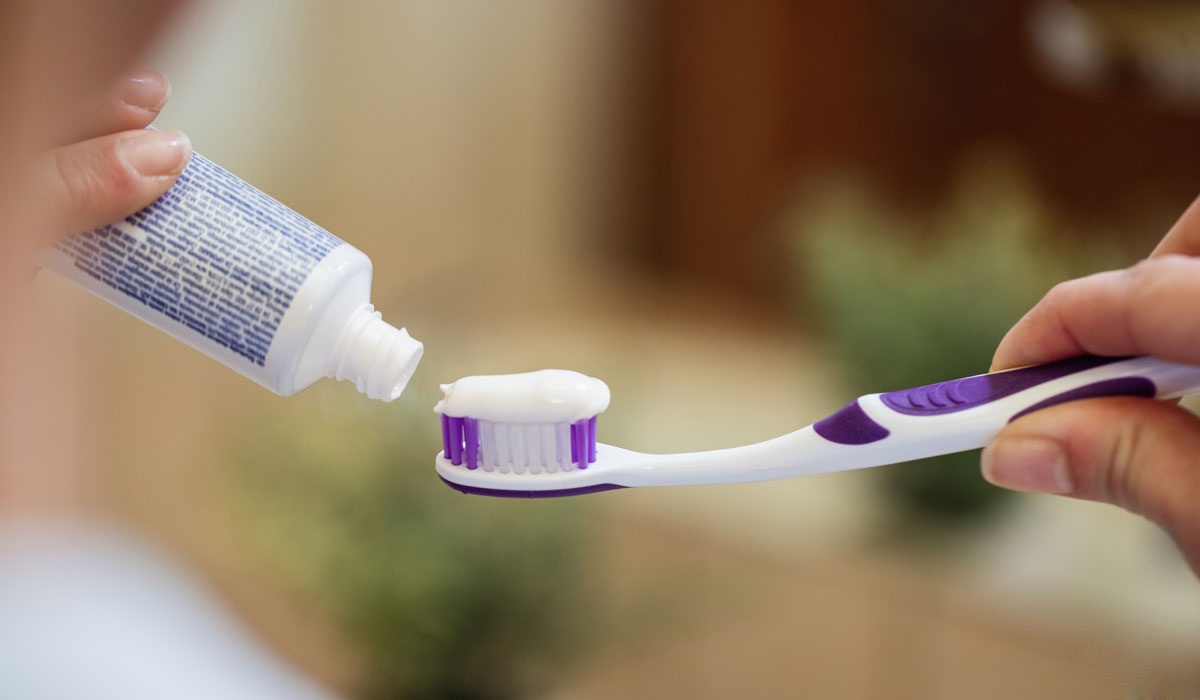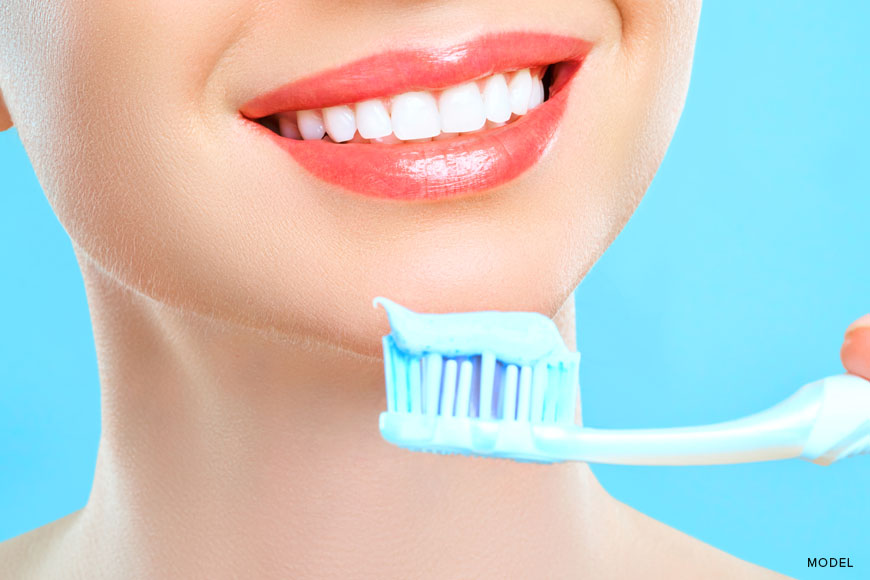Does whitening toothpaste work? A bright and radiant smile can make all the difference to your confidence. With the rise of social media, people are more conscious than ever about their appearance, and teeth are no exception. Teeth whitening treatments have become increasingly popular, but what about whitening products? Does it live up to the hype?
Teeth Whitening Explained
Before diving into the effectiveness of whitening toothpaste, it’s important to understand how teeth whitening works. The outer layer of our teeth, the enamel, can become discolored over time due to a variety of factors, including consuming certain foods and drinks, smoking, and aging. These surface stains can be removed through various whitening options, such as professional whitening treatments or teeth-whitening toothpaste.
Whitening toothpaste is a type of toothpaste that claims to remove surface stains from teeth and improve their overall whiteness. Most whitening toothpaste contains abrasive particles, such as silica or baking soda, which help to scrub away stains. Some also contain hydrogen peroxide or carbamide peroxide, which is a bleaching agent that can penetrate the tooth enamel and bleach deeper stains. These whitening agents work by breaking down the chemical bonds of the molecules that cause stains on the teeth. As a result, the surface stains are removed and the teeth appear whiter.
Does Whitening Toothpaste Work?
Whitening toothpaste is a convenient and affordable option for those looking to whiten their teeth. However, the effectiveness of these kinds of toothpaste varies from person to person, depending on the product and the severity of the stains on your teeth. Whitening toothpaste is designed to remove surface stains on the teeth, so if your teeth are deeply stained or discolored, you may not see significant results from using toothpaste alone.
That being said, many people do see noticeable improvements in the whiteness of their teeth after using a whitening toothpaste consistently. It’s important to note, however, that tooth whitening is not a one-time treatment. Regular use of whitening toothpaste is necessary to maintain the results.
Is Whitening Toothpaste Safe?
One concern people may have about whitening toothpaste is the safety of using it. According to the American Dental Association (ADA), whitening toothpaste is generally considered safe for use when used correctly. It’s essential to follow the instructions on the product packaging and avoid overusing toothpaste designed for teeth whitening, as it may contain abrasive properties that could potentially harm tooth enamel and cause sensitivity. Overusing such toothpaste can lead to enamel damage, making teeth more prone to cavities and sensitivity.
Keep in mind that using whitening toothpaste does not replace the need for regular dental checkups and cleanings. Although these kinds of toothpaste can eliminate surface stains, they do not tackle underlying dental problems or prevent the accumulation of plaque and tartar on teeth.
Benefits of Whitening Toothpaste

Using whitening toothpaste is a cost-effective and convenient approach to keeping your smile bright. It can easily be incorporated into your daily oral care regimen. Below are some detailed benefits of using whitening toothpaste:
-
Removes Surface Stains
Whitening toothpaste can help remove minimal surface stains from teeth, such as those caused by coffee, tea, and red wine.
-
Convenient and Affordable
Using whitening toothpaste is a convenient and affordable way to maintain a brighter smile.
-
Less Invasive than Other Whitening Treatments
Whitening toothpaste is a less invasive option than other whitening treatments.
-
Helps Strengthen Tooth Enamel
Many whitening kinds of toothpaste contain fluoride, which helps to strengthen tooth enamel and prevent cavities.
-
Easy to Use
This whitening product is easy to use and doesn’t require any special equipment or application process.
-
Improves Confidence
A bright, white smile can improve your level of confidence and help you feel better about your appearance.
-
Great for Maintaining Results
Whitening toothpaste is a great way to maintain the results of professional teeth whitening treatments.
-
Suitable for Sensitive Teeth
Many whitening toothpaste brands offer options specifically designed for sensitive teeth and gums.
-
Variety of Options Available
There are many options available on the market, so you can choose a whitening toothpaste that suits your individual needs and preferences.
Choosing the Right Whitening Toothpaste
Given the numerous options available, selecting the best whitening toothpaste can be a difficult task. Consider your personal needs and preferences before making an informed decision. Look for fluoride toothpaste, which helps to strengthen tooth enamel and prevent cavities. If you have sensitive teeth, use toothpaste designed for this purpose.
It’s also a good idea to read reviews and look over the ingredients list before making a purchase. Toothpaste containing harsh chemicals, such as hydrogen peroxide, should be avoided because they can damage tooth enamel and increase tooth sensitivity. Taking these factors into consideration, you can choose a whitening toothpaste that is effective for your teeth and meets your specific needs.
Alternative Teeth Whitening Solution
While whitening toothpaste is a popular option for those looking to whiten their teeth, it’s not the only option available. Professional whitening treatments, such as those done in a dental office, can provide more dramatic results. These treatments use a higher concentration of whitening agents than what is found in over-the-counter products, resulting in a more significant improvement in the whiteness of the teeth.
Whitening toothpaste is a helpful addition to your dental routine, but it is important to recognize its limitations. The efficacy of whitening toothpaste depends on the type and severity of stains present on your teeth. For deep or stubborn stains, professional teeth whitening treatments may be a more effective option.
If you’re unsure about which approach to take, consider booking a consultation with Madison Dentistry to discuss your options and create a personalized plan for achieving a brighter, healthier smile.




